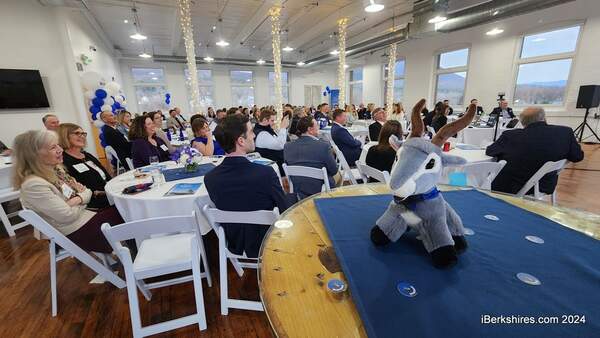
Roth vs. Traditional 401(k): Which Is Right for You?
 |
For many years, employees of companies that offered 401(k) plans only faced a couple of key decisions: how much to contribute and how to allocate their dollars among the various investment options in their plan. But in recent years, a third choice has emerged: the traditional versus Roth 401(k). Which is right for you?
To begin with, you need to understand the key difference between the two types of 401(k) plans. When you invest in a traditional 401(k), you put in pre-tax dollars, so the more you contribute, the lower your taxable income. Your contributions and earnings grow tax-deferred until you begin taking withdrawals, which will be taxed at your ordinary tax rate. With a Roth 401(k), the situation is essentially reversed. You contribute after-tax dollars, so you won't lower your taxable income, but withdrawals of contributions and earnings are tax-free at age 59-1/2, as long as you have held the account at least five years.
So, now that you've got the basics of the two types of 401(k) plans, which should you choose? There's no one right answer for everyone. You essentially need to ask yourself these questions: When do you want to pay taxes? And what will your tax rate be in the future?
If you're just starting out in your career, and you're in a relatively low income tax bracket, but you think you might be in a higher one when you retire, you might want to consider the Roth 401(k). You’ll be paying taxes now on the money you earn and contribute to your Roth account, but you'll avoid being taxed at the higher rate when you start taking withdrawals. Conversely, if you think your tax rate will be lower when you retire, you might be more inclined to go with the traditional 401(k), which allows you to avoid paying taxes on your contributions now, when your tax rate is high.
Of course, you can see the obvious problem with these choices – specifically, how can you know with any certainty if your tax bracket will be lower or higher when you retire? Many people automatically assume that once they stop working, their tax liabilities will drop, but that's not always the case. Given their sources of retirement income from investment accounts and Social Security, many people see no drop in their tax bracket once they retire.
Since you can't see into the future, your best move might be to split the difference, so to speak. Although not all businesses offer the Roth 401(k) option, many of those that do will allow employees to divide their contributions between the Roth and traditional accounts. If you chose this route, you could enjoy the benefits of both, but you still can't exceed the total annual 401(k) contribution limit, which for 2019 is $19,000, or $25,000 if you’re 50 or older.
You may want to consult with your tax adviser before making any decisions about a Roth or traditional 401(k) – or Roth and traditional 401(k) – but in the final analysis, these are positive choices to make, because a 401(k), in whatever form, is a great way to save for retirement. Try to take full advantage of it.
This article was written by Edward Jones for use by your local Edward Jones financial advisor. Courtesy of Rob Adams, 71 Main Street, North Adams, MA 01247, 413-664-9253.. Edward Jones, its employees and financial advisors cannot provide tax or legal advice. You should consult your attorney or qualified tax advisor regarding your situation. For more information, see EdwardJones.com.















